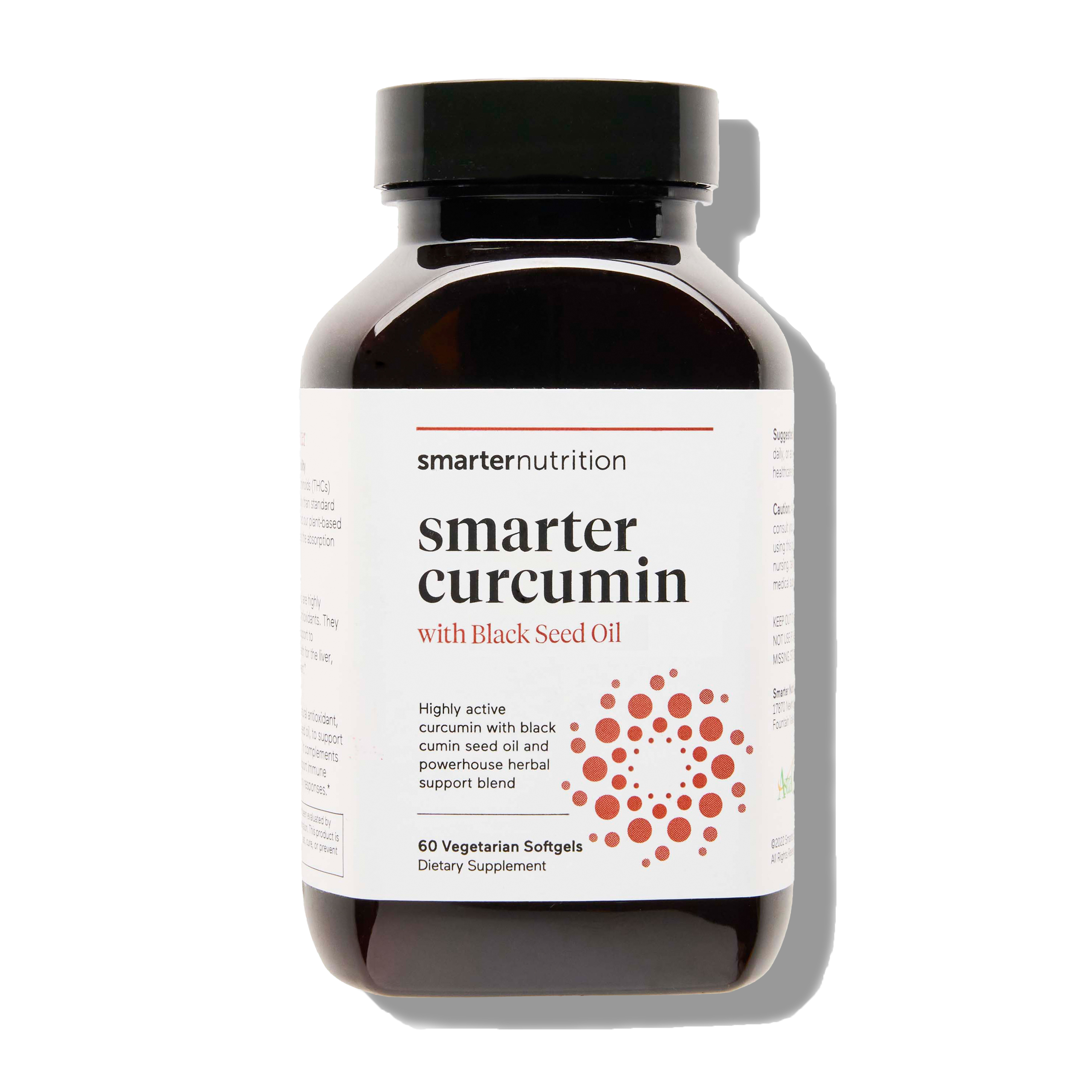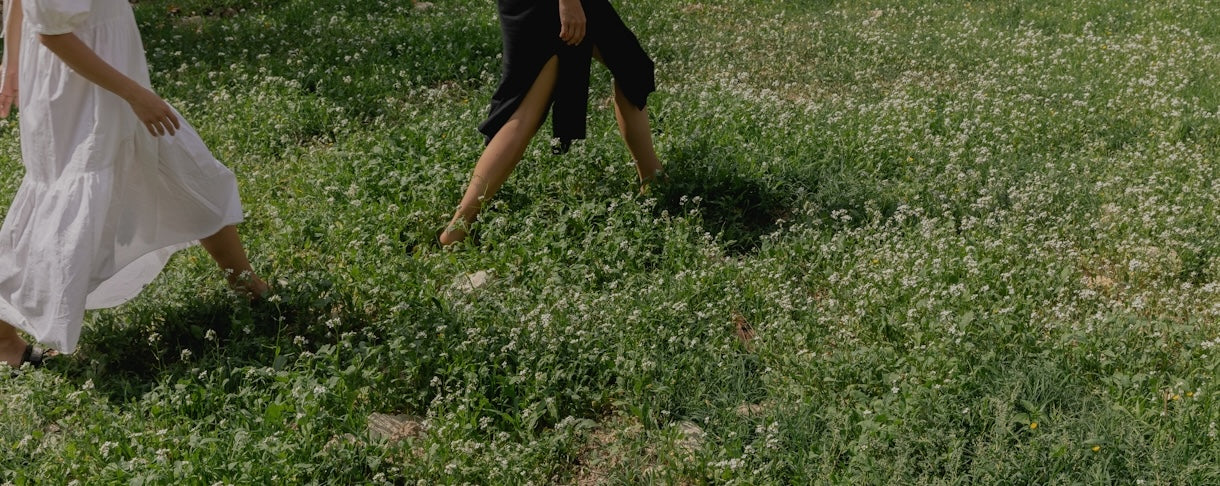Live like a Caveman to Get Better Sleep
Although we have luxurious 500 thread count sheets, noise machines, and beds with adjustable comfort levels, studies show Americans struggle to get a good night’s sleep now more than our caveman ancestors did. While approximately 48% of Americans occasionally experience insomnia, 22% say they have insomnia nearly every night. Insomnia can be extremely frustrating and dangerous for your health; obesity, diabetes, depression, cardiovascular disease, and mental and physical capabilities are all linked to poor sleep.
Why Cavemen Likely Slept Better Than You
To understand the history of human sleep patterns, a group of scientists studied 3 preindustrial societies in Africa and Bolivia that don’t use smartphones, electricity, or other modern conveniences that are often to blame for sleep issues. While most Americans spend hours agonizing over the perfect mattress, these cultures slept outside or in moderate huts. The 94 people studied had an average of 6.4 hours of sleep each day, plus an extra hour in the winter. Scientists found 3 key similarities between all of the people they studied:
- They nearly never nap
- Light doesn’t dictate their sleep schedule; typically, they went to sleep 3 hours and 20 minutes after sunset and were up before sunrise
- They slept through the night
They were all relatively healthy and none of them suffered from insomnia, in fact, none of their languages even have a word for insomnia. While cavemen did a lot of hunting and gathering, these cultures have been shown to exert a similar amount of daily energy as Americans–but were more physically fit and had fewer problems with high blood pressure and weight management.
Sleep Quality Versus Quantity
Jerome Siegel, one of the authors of the study, believes sleep quality may be to blame for modern sleep issues and that suggesting a blanketed number of hours to the masses could be doing more harm than good. While adults are commonly recommended to sleep 7 to 8 hours, it could vary depending on the person.
“I think that some people come in looking for help who are anxious, not because they are not rested but because they aren’t hitting some prescribed number of hours or they think that we are all sleeping much less than our ancestors, and that is actually what is a fairly harmful idea,” said Siegel.
According to Siegel, it’s better to feel rested than to hit a targeted number of hours each night. You are more likely to feel rested if you exercise regularly, manage your weight, consume less caffeine and alcohol, and consistently wake up at the same time.
Temperature Regulation
While we typically take our sleeping cues from the sunrise and sunset, these cultures regulate their sleep with the daily temperature change cycle. These cultures are either sleeping completely outdoors or with a lot of free flowing air, however, modern insulated buildings prevent these cues unless you keep your windows open at night.
“Under natural conditions, the temperature is not just lower at night, it is falling throughout this period,” said Siegel.
Additional Ways Cavemen Optimized Their Health
In addition to the way they slept, there are several other ways cavemen likely had healthier lifestyles than we did. Thanks to their symbiotic relationship with nature, our ancient ancestors breathed fresh air, drank fresh water and ate fresh foods. While modern life has many pros, conditions like obesity, heart health, cancer, and brain health are all included in the World Health Organization’s 10 most common causes of death; these conditions that are rarely seen in communities that still live an “ancestral” lifestyle.
Rather than completely moving off the grid, take these ideals from our ancient ancestors and implement them in your current life to optimize your health.
1. Diet
There has never been a one-size-fits-all diet. Because our ancestors lived in a variety of environments, researchers have found that some groups were more dependent on fish while others were more focused on plants. However, across all of these cultures, none of them ate the high amounts of sugar and processed foods that are normal to eat now.
Ancestral diets consisted of fruits, vegetables, nuts, roots, seeds, fish, eggs, and meat; their only rule was to collect a wide variety of foods each day. This diet has become popular in recent decades thanks to Loren Cordain, PhD, who wrote The Paleo Diet in 2001. Cordain claims that by eating like our ancient ancestors, you can reduce your risk for diabetes, heart disease, cancer, weight issues, and other health problems.
2. Medication
The National Health and Nutrition Examination Survey conducted a study of adults between 2005–2010. They found that about 4% of US adults had used prescription sleep aids within the last month and the percentage of adults who used a prescription sleep aid increased with age and education.
Siegel believes when doctors hear their patients aren’t getting the recommended number of hours of sleep a night, they’re prescribing a prescription sleep aid when it might not be necessary. While prescription sleep aids can help you fall asleep faster, Siegal claims they don’t extend the time you sleep.
While our caveman ancestors had no need for prescription sleep aids, our modern lives can make it a little more difficult. Smarter Magnesium helps support normal sleeping patterns. If you’re experiencing sleep disruptions, it may be a sign that the body is deficient in magnesium. Our new and improved formula combines a unique magnesium glycinate blend to help support optimal absorption by the body and a therapeutic concentration of L-Theanine, clinically studied to promote relaxation. Non-habit forming and melatonin-free, Smarter Magnesium is exclusively made with clean ingredients.
3. Exercise
The human body is meant to move. Many of us spend our days sitting at a desk, but our ancient ancestors spent their days walking, lifting, carrying, and climbing up to 10 miles a day. Their high level of activity resulted in:
- Lean bodies with reduced joint trauma
- Minimal inflammation from diet
- Stable vitamin D levels, which enhanced their ability to absorb calcium, iron, magnesium, phosphate, and zinc
Although you can’t quit your day job, adding more activity to your routine can make a big impact. Try walking or cycling during your commute or on your lunch break, joining a group exercise class, gardening, or participating in a recreational sports team.
4. Exposure to Microbiota
Microbiological researchers have found that our ancient ancestors had effective immune systems thanks to the macro-organisms, microorganisms and microbiota that live on our skin and in the gut. When the body lacks these tiny organisms, it is more susceptible to allergies, autoimmune diseases and inflammatory bowel diseases. These vital microbiota are derived from the mother’s birth canal, soil, plants, animals, the air, or from other humans.
In the modern world, we have a limited exposure to microbiota in our natural environments because we spend so much time indoors. In order to receive these microbiota, we need to spend more time with animals, pets, plants, trees, and soil.
While modern cultures typically celebrate how far we’ve come from our ancient ancestors, research seems to show that cavemen had it much better than pop culture would have us believe.
Sources
-
Christensen, Jen. “Our ancient ancestors may have slept better than you, but less.” CNN. 2017.
https://www.cnn.com/2015/10/29/health/sleep-like-your-ancestors/index.html -
Milne, Gustav. “Why we need to eat, sleep and live like cavemen.” The Irish Times. 2017.
https://www.irishtimes.com/culture/books/why-we-need-to-eat-sleep-and-live-like-cavemen-1.3252145 -
McMillen, Matt. “The Paleo Diet.” WebMD. 2020.
https://www.webmd.com/diet/a-z/paleo-diet -
Yinong Chong, Ph.D.; Cheryl D. Fryar, M.S.P.H.; and Qiuping Gu, M.D., Ph.D. Prescription Sleep Aid Use Among Adults: United States, 2005–2010. NCHS Data Brief No. 127, August 2013.
https://www.cdc.gov/nchs/products/databriefs/db127.htm




